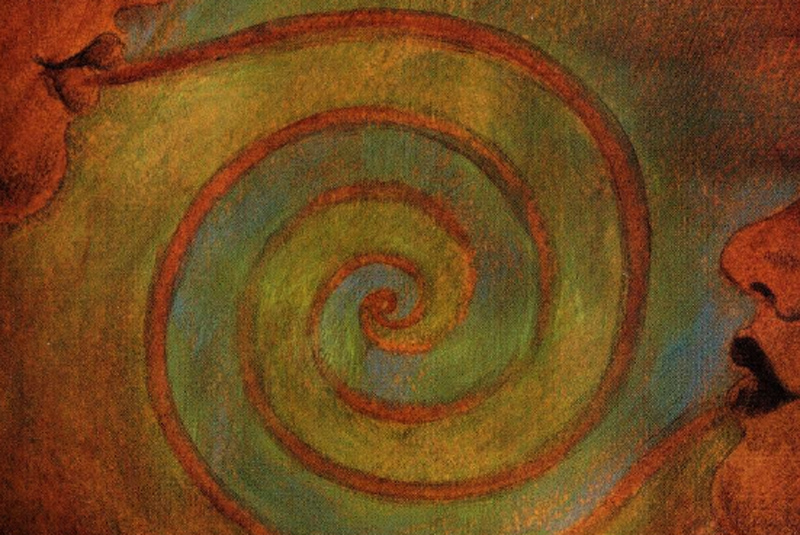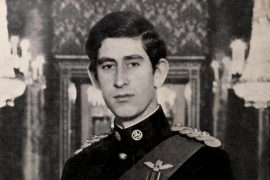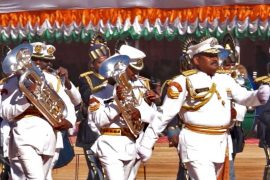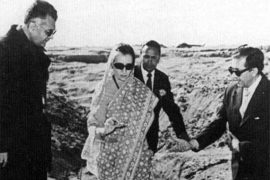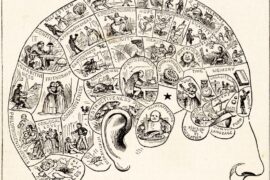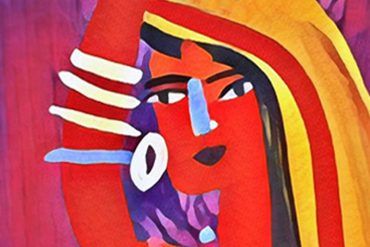India, as Ramachandra Guha calls it, is an ‘unnatural nation.’ As a living, thriving nation, it is an anomaly. It flies in the face of logic that such a large group of people, who seem to have little in common with each other, have managed to stay together as a nation for so long. Several will chafe at this statement, and rightly so.
Many have borne the price of the ‘idea of India.’ Several separatist movements have been brutally crushed. Several long-held identities have been denied or truncated with nary-a-thought for the sentiments of those who held it dear. And yet, there is something to be said for the many ‘adjustments’ that have made the longevity of this idea possible.
The three-language formula is one such idea. It was born in a situation of conflict. Between 1946 and 1949, when the makers of the Constitution were writing the document, they concluded that the idea of a ‘national language’ would not fly.
Hindi–wallahs had hoped to enshrine their language as the national language once the British left. English, they assumed, would be shown the door, and Hindi would occupy the centre stage. But, thankfully, that was not to be. The states in the South and the East of India vehemently opposed the move. English, they demanded, ought to continue in its existing position.
-30-
Copyright©Madras Courier, All Rights Reserved. You may share using our article tools. Please don't cut articles from madrascourier.com and redistribute by email, post to the web, mobile phone or social media.Please send in your feed back and comments to editor@madrascourier.com

